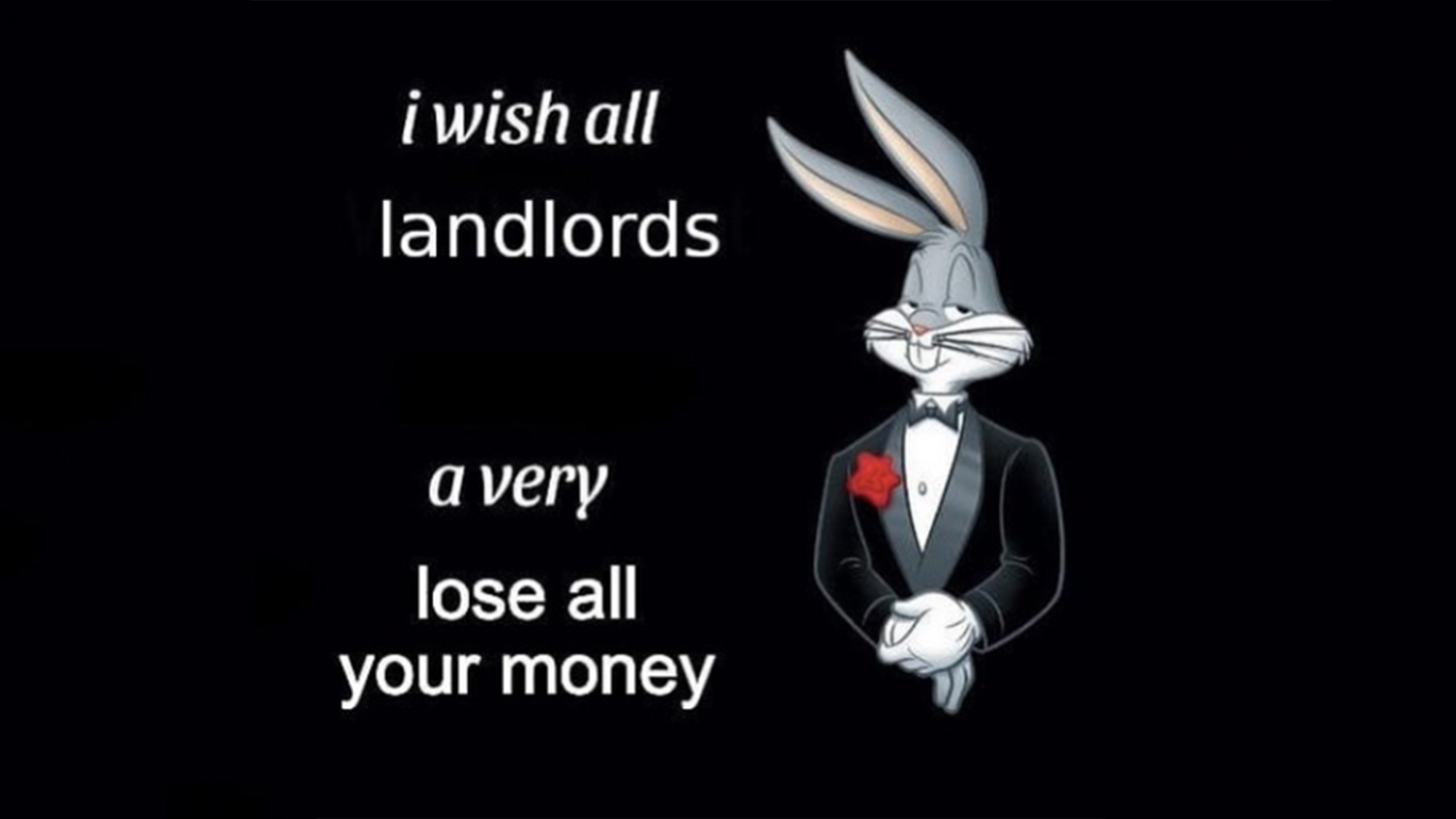You don’t have to be a dedicated expert to see that the financial needs of our society and its communities aren’t served well by the current economic system. For young people — subject to the sharp end of the 00s Great Recession and the coronavirus pandemic, exponential increases in university fees, and Tinder bios that read “just looking for someone to hold hands with at the revolution” — it’s never been more obvious, among Gen Z and millennials alike.
According to new research by the Institute for Economic Affairs (IEA) nearly eight out of 10 of young people in Britain blame capitalism for the housing crisis, with two-thirds (67%) expressing a desire to live under an explicitly socialist economic system. On top of this, 75% of those polled believe the climate emergency is “specifically a capitalist problem” with 72% in support of a sweeping nationalisation of private services. I mean, yes, absolutely. You’re all right and you should all say it.
In the US, it appears that similar political and socioeconomic desires have taken shape. In 2016, a Harvard University study found that more than 50% of young people across the pond reject capitalism too, while a 2018 Gallup poll showed that though 45% of young Americans saw capitalism favourably, this number had fallen dramatically down from 68% in 2010.
Speaking to a few of the disillusioned, Guardian journalist Owen Jones unearthed a few insights as to how this ideological sea change came about. For some, capitalism’s impact on the environment is unforgivable: “There’s not even going to be a planet,” says Emily, a 20-year-old student from London. “We’ve got Jeff Bezos launching himself into space while Las Vegas runs out of water and half the world’s on fire. If these billionaires stopped making money they could solve all of these problems and still have billions in the bank.”
For others, like 25-year-old Chanté Joseph, the internet offered the alternative politics she had been waiting for. In spaces on Tumblr, and later Twitter and TikTok, “reading about race, identity and class made me think: ‘This is all crazy,’ and opened my eyes.” While the accessibility of these ideas has memeified them in some ways, and in a few cases led to arguably oversimplified critiques (see: AOC’s infamous Met Gala dress), the principal concept seems to have stuck. Get in loser, we’re going to eat the rich!
Follow i-D on Instagram and TikTok for more on politics.

